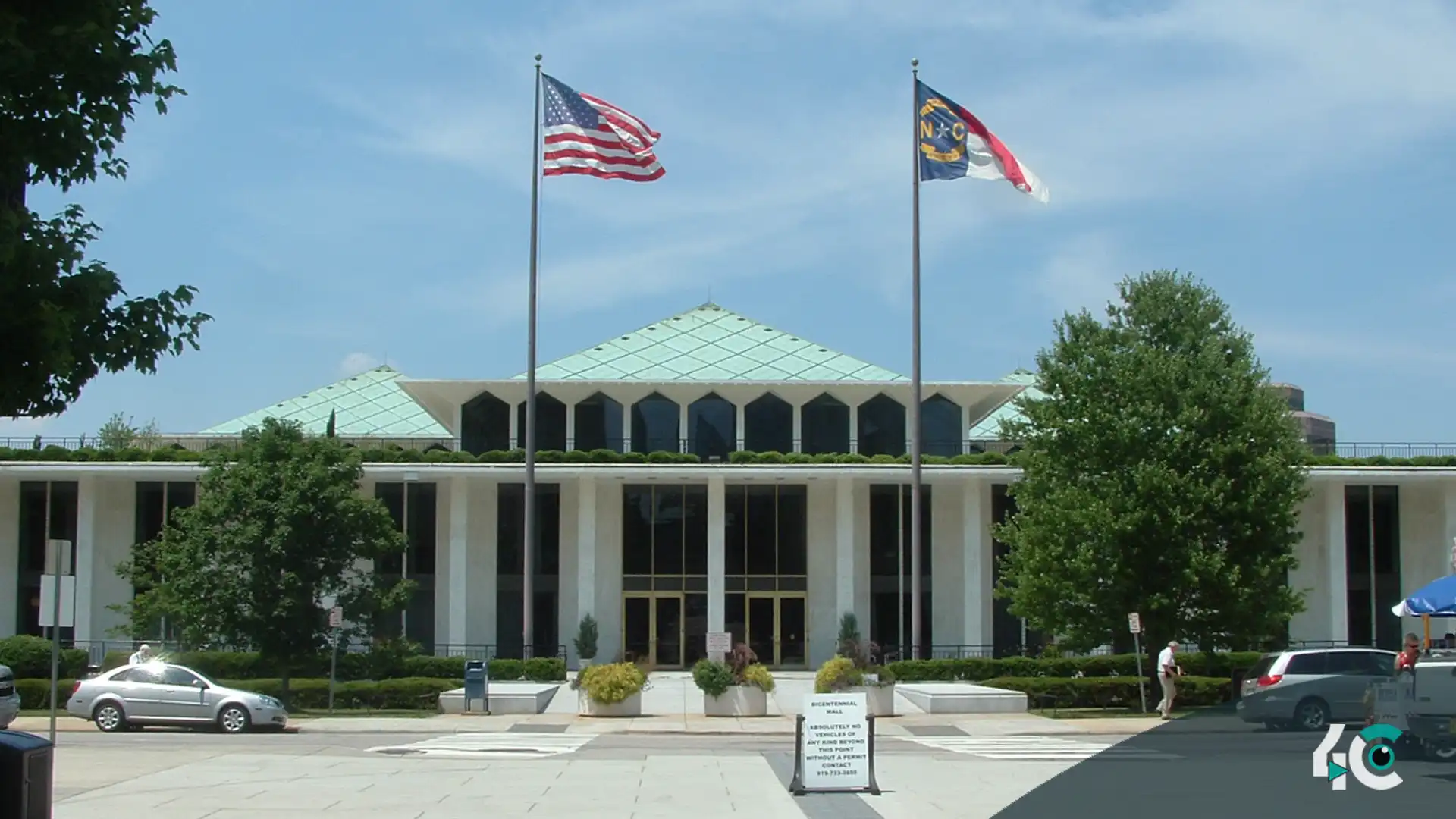Instead of going along with Governor Roy Cooper’s veto, the North Carolina Senate passed a bill that makes it illegal to use central bank digital currency (CBDC) in the state. On September 9, a vote of 27 to 17 approved this important move, which was enough to get a three-fifths majority.
Another name for the bill is House Bill 690. It was passed by the state house with a big majority. But on July 5, Governor Cooper blocked the bill, saying that it was too early and didn’t make it clear what the future monetary policies would be. Even though he objected, the Senate’s vote essentially removes the veto and makes the bill law.
📢 North Carolina’s State Senate has officially overridden @RoyCooperNC’s veto of the widely popular Anti-#CBDC Bill (HB690), championed by @BradOvercash. Earlier this summer, @NCHouseSpeaker also overrode the veto on the House side, making HB690 officially law.
— Dan Spuller (@DanSpuller) September 9, 2024
This bill should… pic.twitter.com/xRplzFnwxW
As a result of the law, North Carolina cannot accept CBDCs as payment and cannot take part in any CBDC tests led by the Federal Reserve. The result came after the House voted 73 to 41 to reject the veto earlier.
In a surprising turn of events, 12 Democratic senators who had originally backed the bill now voted against it in the most recent Senate vote. This move was very important in the close vote.
Senator Brad Overcash, a Republican who supports the bill, said that it makes it clear that North Carolina is against federal CBDCs. The bill’s goal is to keep the state separate from any future federal digital currency efforts.
The Federal Reserve has been looking into CBDCs, but none have been put into place yet. Even though Federal Reserve Chair Jerome Powell said there are no immediate plans for a US CBDC, the fact that this bill was passed shows that people are still worried and opposed at the state level.
Now that the bill is law, North Carolina has made it clear that it is against government plans for digital currencies. This makes the state stand out as one that is against new financial technologies.



































